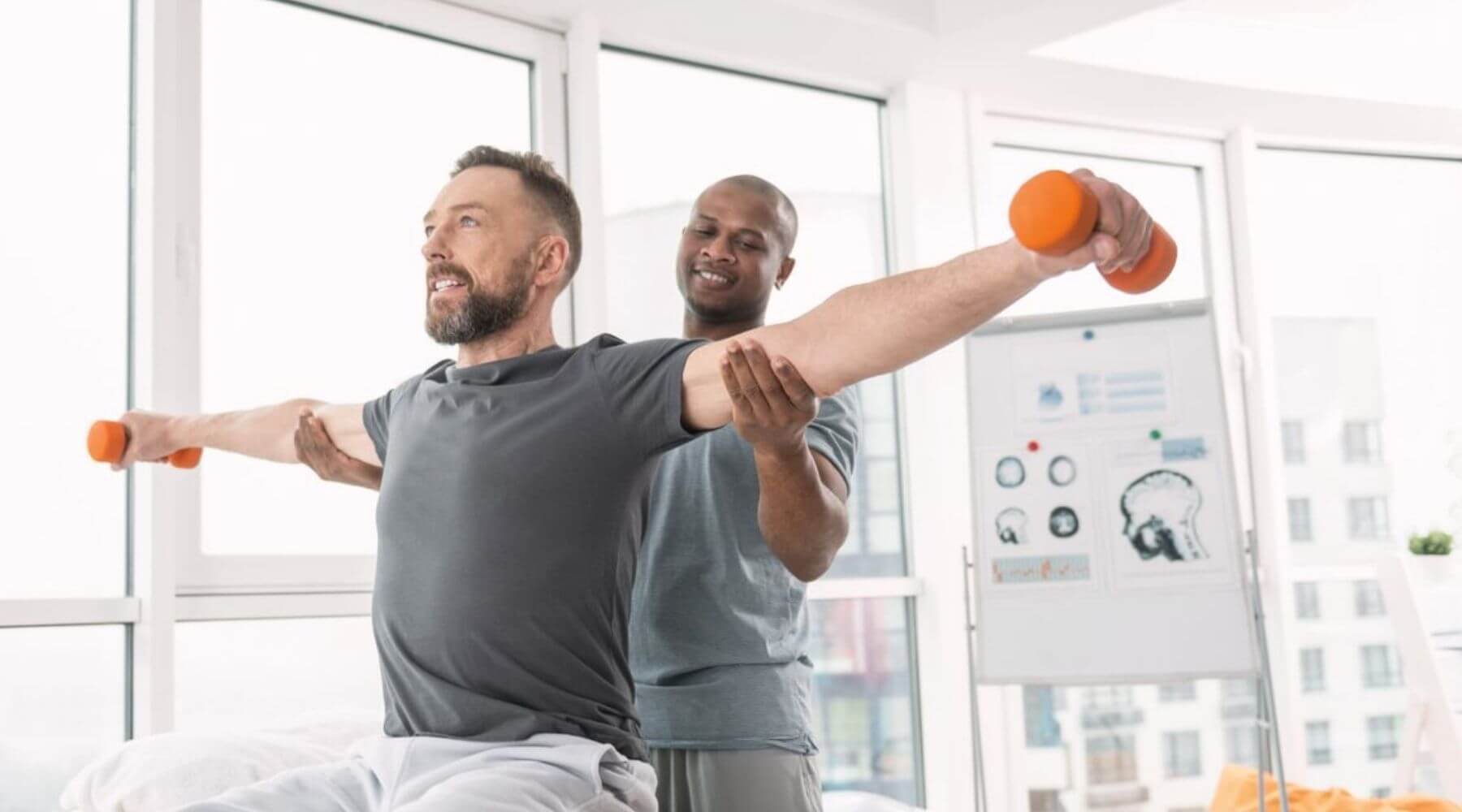Enhancing Rehabilitation Outcomes Via Effective Practical Movement Assessment Guidelines
Operational Movement Screening (FMS) is a valuable tool used to assess an person's mobility patterns. This assessment aids identify any deficiencies or imbalances in the musculoskeletal system, which can result to harm if not corrected. In recovery contexts, FMS can play a critical role in improving rehabilitation results. By understanding how each individual navigates, healthcare professionals can develop targeted recovery plans that concentrate on enhancing strength, mobility, and overall performance.One of the main benefits of using FMS in rehabilitation is its capability to pinpoint particular aspects that need improvement. For example, if a client struggles with squat movements or lunging, it may suggest a deficiency of mobility in their hip joints or ankle joints. This data allows therapists to formulate personalized fitness programs that highlight correcting these shortcomings. As a result, patients are more likely to recover their strength and ability, which is essential for resuming to daily tasks or sports.

Implementing effective FMS procedures can also help avoid future injuries. Many injuries happen due to inefficient movement patterns or overuse of specific muscle groups. By evaluating patients before they begin a rehabilitation plan, therapists can detect risks and establish approaches to reduce them. Educating patients about proper mobility mechanics and strengthening underdeveloped aspects can lead to long-term benefits, promoting that they stay active and fit.
Moreover, the use of FMS can improve dialogue between healthcare providers and patients. When clients witness their movement mechanics assessed and clarified, they gain a clearer understanding of their recovery journey. This transparency builds confidence and motivates patients to take an active part in their rehabilitation. By involving patients in their rehabilitation process, they are more likely to adhere to recommended activities and behavioral changes that support better results.
In summary, improving recovery results through effective functional like this mobility screening protocols is crucial for both clients and healthcare providers. By accurately evaluating mobility mechanics, clinicians can create customized rehabilitation plans that address individual requirements. This not only click for info facilitates in recovery but also assists prevent future harm. As patients become more engaged in their rehabilitation process, they are likely to achieve their goals and maintain a fit, engaged lifestyle.